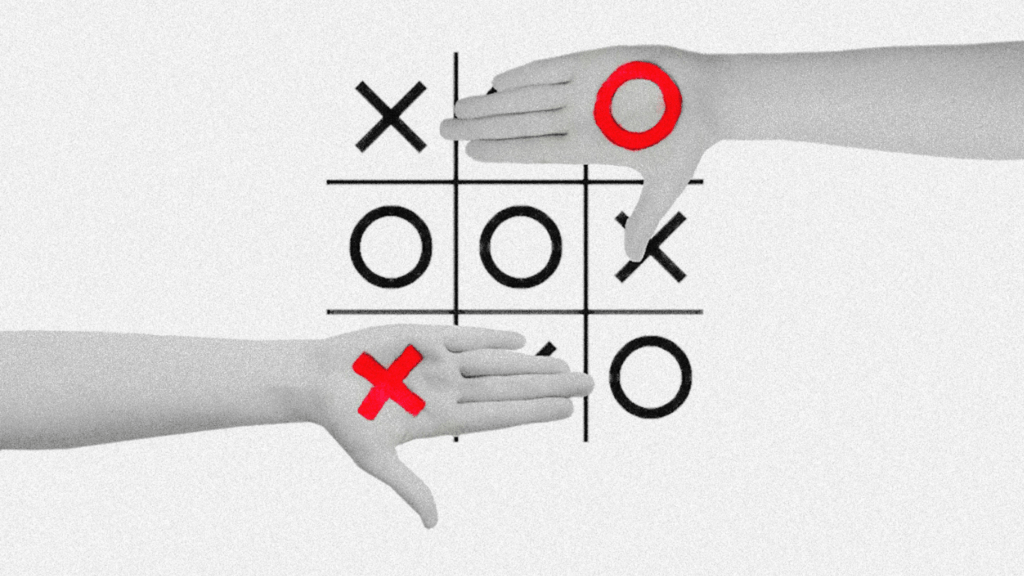Understanding Underdog Bets
Underdog bets involve placing a wager on a team or individual expected to lose by popular consensus. These bets often come with higher odds, leading to potentially larger payouts. By knowing how to analyze these opportunities, bettors can find significant value in what others may overlook.
Oddsmakers set lines based on public perception and statistical data. The favorite, often backed by popular opinion and recent performance, usually gets the lower odds. In contrast, the underdog attracts higher odds due to perceived lower chances of winning. Recognizing discrepancies between actual potential and perceived value can create advantageous opportunities.
Evaluating team dynamics plays a crucial role. Factors such as:
- recent performance
- injuries
- motivation can heavily influence the outcome
For example, a team might be underestimated due to a recent slump, but key players returning from injury could turn the tides, making an underdog bet more appealing.
Historical data assists in identifying patterns. Past matchups between teams, especially upsets, offer insights into potential outcomes. Underdogs that consistently perform well against certain opponents should catch a bettor’s eye.
Public sentiment can skew odds. Heavy betting on favorites tends to shift the odds, making underdog bets more lucrative by increasing potential returns. Monitoring these shifts provides strategic entry points for placing bets on underdogs.
Understanding underdog bets requires more than just looking at the odds. Analyzing oddsmaker strategies, team dynamics, historical data, and public sentiment are key to finding value. With thorough research and strategic insight, bettors can turn perceived risk into measurable reward.
The Psychology Behind Underdog Bets

Underdog bets can be intriguing for many bettors. Understanding the psychology behind these wagers can help uncover why they often provide great value.
Cognitive Bias in Betting
Cognitive biases affect betting decisions.
- One significant bias is the “favorite-longshot bias,” where bettors overvalue favorites and undervalue longshots.
- This bias occurs because people tend to believe that favorites have a higher chance of winning than the odds suggest.
- As a result, underdogs are often underestimated, creating opportunities for value bets.
- Another common bias is “recency bias.” Bettors give undue weight to a team’s recent performance, ignoring long-term trends.
This bias leads to inflated odds for underdogs when a favorite recently performed well. Combining information about team dynamics and historical data can counter these biases and reveal underdog opportunities.
Emotional Factors in Betting
Emotions play a crucial role in betting decisions. Bettors often favor familiar teams, creating a “familiarity bias.” They emotionally invest in well-known teams, inflating the odds against underdogs by neglecting less popular teams that may have better chances. By staying objective and focusing on data-driven analysis, it’s possible to exploit this bias and identify underrated teams.
Another emotional factor is the “thrill of the underdog.” Bettors often get a sense of excitement placing bets on underdogs due to higher potential payouts. This excitement can cloud judgment, leading to impulsive bets. However, managing these emotions with a disciplined approach can transform this excitement into strategic advantages.
By recognizing and understanding these psychological elements, bettors can make informed decisions that take advantage of cognitive and emotional biases, uncovering valuable underdog betting opportunities.
Statistical Analysis of Underdog Bets
Analyzing statistical data helps bettors identify valuable underdog opportunities. Two key areas to focus on are historical performance data and win-loss ratios and odds.
Historical Performance Data
Historical data reveals patterns in underdog success. For instance, in the NFL from 2010 to 2020, underdogs covered the spread roughly 52.5% of the time. Baseball provides similar insights; MLB underdogs won outright 44.3% of the time during the 2019 season. Reviewing past performances allows bettors to find trends and assess risk more accurately.
Win-Loss Ratios and Odds
Win-loss ratios and odds highlight specific value areas. For example, in NCAA basketball, underdogs with odds of +7 to +10 cover the spread almost 56% of the time. In soccer, underdogs priced around +200 to +300 win approximately 30% of matches. By examining these metrics, bettors can strategically select underdog bets that offer the best value based on statistical likelihood.
Case Studies
Examining real-world examples can reveal why underdog bets can offer tremendous value. Here, I’ll delve into notable success stories and valuable lessons from seasoned bettors.
Famous Success Stories
Several high-profile cases illustrate the potential of underdog bets. In 2016, Leicester City shocked the world by winning the English Premier League. At the season’s start, bookmakers offered odds of 5,000 to 1 for Leicester’s victory. Bettors who took a chance on Leicester saw massive returns.
Another example is the 2007 Super Bowl, where the New York Giants faced the undefeated New England Patriots. The Giants, underdogs with odds of +12, won 17-14. Bettors who favored the Giants reaped significant rewards.
Consider the 1980 “Miracle on Ice” when the US hockey team defeated the heavily-favored Soviet Union. These underdog moments underscore the profitability of strategic bets.
Lessons from Successful Bettors
Successful bettors provide crucial insights into underdog betting strategies. Billy Walters, a legendary sports bettor, excelled by identifying undervalued teams and leveraging data analytics. His method combined statistical analysis with understanding market inefficiencies.
I also consider insights from Haralabos Voulgaris, a former professional gambler. Voulgaris emphasized the importance of understanding team dynamics and using advanced statistics to predict outcomes. His meticulous research helped him exploit opportunities in the NBA betting market.
Both cases highlight how deep analysis and a keen eye for detail can make underdog bets highly lucrative. Utilizing advanced metrics and staying informed about team conditions can significantly enhance betting success.
Strategies for Betting on Underdogs
Underdog bets come with unique challenges and rewards. Using strategic approaches maximizes the potential value of these wagers.
Bankroll Management
Managing your bankroll effectively is crucial when betting on underdogs. Allocate a specific percentage of your bankroll for each bet. This strategy protects against significant losses and ensures you can continue wagering over time. For example, if you have a $1,000 bankroll, betting 1-2% on each underdog maintains a balanced risk-reward ratio. Consistency in bet size mitigates the volatility inherent in underdog betting.
Identifying Value Bets
Finding value bets sets successful bettors apart. Research thoroughly to uncover mismatches between the odds and the actual probabilities. Analyze team dynamics, injury reports, and recent performance. For instance, if a key player returns from injury or a team has a history of performing well in certain conditions, odds may not fully reflect these factors, offering value. Monitoring line movements also provides insights into where public sentiment may have skewed the odds, creating opportunities for savvy bettors to exploit.
Potential Risks and Challenges
Underdog bets can be rewarding, yet they carry inherent risks and challenges. Recognizing these helps in making informed decisions.
Common Pitfalls
Many bettors overlook key factors when betting on underdogs. Not analyzing enough data is a common mistake. Bettors often rely on their gut feelings, which aren’t always reliable. Ignoring injury reports can lead to poor choices, as missing players significantly impact team performance. Another pitfall is chasing losses; bettors try to recover lost money by placing riskier bets, often leading to bigger losses. It’s crucial to stay objective and stick to a strategy to avoid these common pitfalls.
Market Variability
Market variability poses challenges for underdog bettors. Odds can change quickly due to new information or public sentiment. This unpredictability makes it hard to identify value bets consistently. Sharp bettors, who make calculated decisions, can affect odds and reduce potential value. To mitigate this, tracking line movements and understanding betting market dynamics becomes essential. Adaptability is key in managing the complexities of market variability, enhancing the chance of finding valuable underdog bets.




